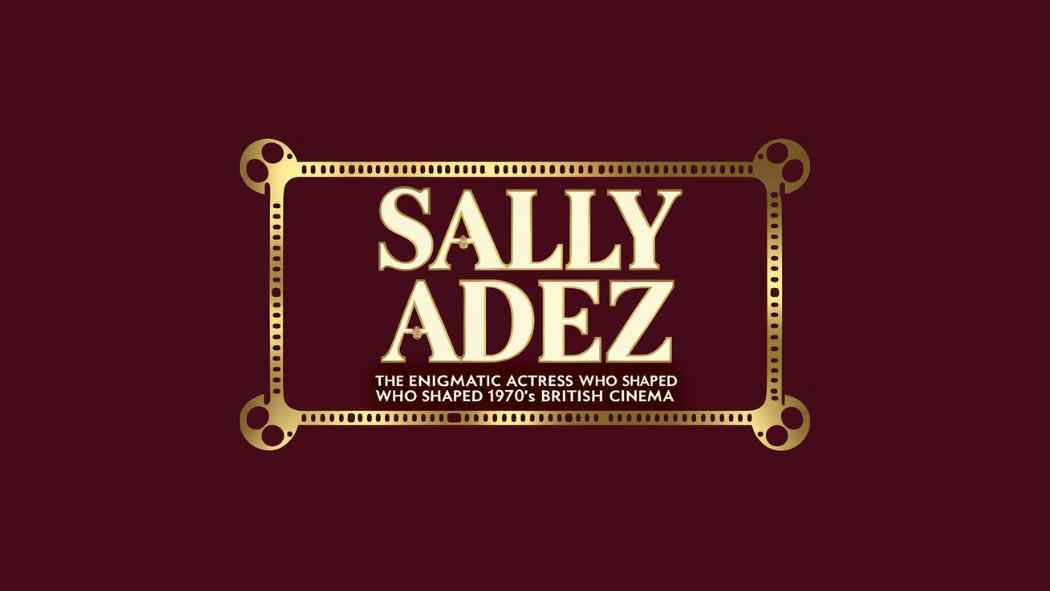Sally Adez: The Enigmatic Actress Who Shaped 1970s British Cinema

In the fascinating tapestry of British cinema during the 1970s, a number of names emerged—some became icons, while others quietly left their mark and faded into the mist of history. One such intriguing name is Sally Adez, an actress who contributed to the golden era of British film and television. Though not as widely recognised today, Sally Adez played roles that reflected both the artistic experimentation and social transformation of her time. Her performances, though modest in number, carry a distinct authenticity that embodies the evolution of British storytelling during a period of cultural transition.
Early Life and Beginnings in Acting
Details about Sally Adez’s early life remain shrouded in mystery. Unlike some of her contemporaries, she did not enjoy extensive publicity or regular appearances in celebrity magazines. Yet, this quiet anonymity adds to her charm. What is known is that she was active during the late 1960s and throughout the 1970s—a period that witnessed a surge of creativity in both British and international cinema.
The 1970s was a decade that celebrated diversity of thought and challenged traditional norms. British film studios, television networks, and theatre companies were pushing boundaries, experimenting with themes of class, gender, and morality. For an actress like Sally Adez, entering the industry during this time meant immersing herself in a rapidly evolving artistic environment. She was not just an actress; she was part of a larger movement that was redefining how stories were told on screen.
Notable Film Appearances
Chato’s Land (1972)
One of Sally Adez’s most recognised appearances was in Chato’s Land, a Western film starring Charles Bronson. Released in 1972, the movie portrayed a gripping tale of revenge, morality, and survival in the harsh American frontier. Adez appeared as Moira Logan, a character that symbolised the tension and human struggle central to the story.
Although Chato’s Land was primarily an American production, it was filmed in Europe and featured several British and European actors. Adez’s involvement in the film reflects her ability to bridge both British and international projects—a testament to her adaptability as an actress. Her performance, though brief, added depth to the film’s emotional landscape, highlighting her capacity for portraying complex, emotionally nuanced characters.
Confessions of a Driving Instructor (1976)
By the mid-1970s, Sally Adez had become a familiar name in certain British entertainment circles. Her appearance in Confessions of a Driving Instructor (1976) showcased her versatility as an actress. The film, a light-hearted comedy, was part of the popular “Confessions” series known for its cheeky humour and social satire. Adez played the role of a female examiner, bringing wit and realism to a film genre often dismissed as frivolous.
Her participation in this film reflects a significant trend of the 1970s British entertainment scene—actors and actresses engaging with projects that entertained mass audiences while subtly commenting on everyday British life. Adez managed to balance humour with poise, offering a performance that elevated what could have been a simple comedic role into something memorable.
Play for Today (1970)
Television during the 1970s was just as influential as cinema, and Sally Adez made her mark there as well. She appeared in the acclaimed BBC series Play for Today, a programme known for presenting socially conscious dramas written by some of Britain’s best playwrights. Adez portrayed the second interviewer in one of its episodes—a small but significant role that contributed to the show’s realism and narrative rhythm.
The Play for Today series was known for addressing real-world issues such as inequality, politics, and moral conflict. Adez’s participation places her among actors who were part of an important cultural conversation. It also demonstrated her ability to transition between genres and mediums, from the big screen to television drama.
The 1970s: A Defining Era for British Film and Television
To truly understand Sally Adez’s career, one must appreciate the era she worked in. The 1970s marked a period of innovation, rebellion, and experimentation in the British entertainment industry. The country was grappling with political change, economic challenges, and evolving social values—and these shifts were vividly reflected in its films and television shows.
Actresses like Sally Adez represented a new generation of performers who were not bound by conventional glamour. Instead, they embodied authenticity. Whether portraying a comedic character in a light-hearted film or a realistic role in a dramatic production, Adez represented the spirit of natural, relatable storytelling.
Moreover, this period gave rise to what many now regard as the “modern British aesthetic”—a blend of realism, social commentary, and emotional depth. Adez’s performances, though understated, fit perfectly within this new artistic framework.
A Career Beyond Fame
Unlike many of her peers who sought fame through publicity, Sally Adez appeared content to let her work speak for itself. Her name might not have headlined posters, but her presence was felt. There is something profoundly dignified about actors who quietly contribute to the craft without craving the limelight. Adez belongs to that distinguished category.
Her limited number of roles does not diminish her impact. On the contrary, each of her appearances reflects deliberate choice and professional integrity. She chose characters that mattered, stories that resonated, and projects that reflected her artistic values. This approach aligns her with a lineage of performers who valued depth over fame.
Acting Style and Influence
Sally Adez’s acting style is best described as understated and authentic. She avoided exaggerated expressions or theatrical flourishes, favouring subtlety and sincerity. Her ability to convey emotion through tone and gesture rather than overt dramatics made her performances natural and believable.
In Chato’s Land, for instance, her portrayal of Moira Logan carries quiet strength—a character caught between fear and resolve. In Confessions of a Driving Instructor, her comedic timing reveals an instinctive understanding of British humour, grounded in realism rather than slapstick exaggeration.
This balance of seriousness and light-heartedness is what made Adez unique. She could inhabit both dramatic and comedic roles with equal ease. Many modern British actresses have followed a similar path, blending depth with approachability—a tradition that performers like Sally Adez helped establish.
Legacy and Rediscovery
In recent years, there has been renewed interest in rediscovering lesser-known actors from Britain’s cinematic past. Film historians and enthusiasts have begun re-evaluating names like Sally Adez, recognising their contributions to shaping the country’s artistic identity.
The internet age has also played a role in reviving her presence. Old films are now digitally restored and streamed, introducing new generations to actors who might otherwise have been forgotten. Fans of classic cinema appreciate the honesty and charm that Adez brought to her roles—a reminder that true talent does not always require fame to endure.
Why Sally Adez Matters Today
Sally Adez’s story resonates because it reflects the unsung backbone of the entertainment industry—the countless talented individuals who make cinema meaningful even without becoming celebrities. Her legacy highlights that art is not about constant visibility but about sincerity of expression.
She represents every hardworking artist who contributed to Britain’s cultural identity through dedication and craft. In a world obsessed with instant fame, Adez’s quiet career stands as a timeless lesson in artistic integrity. Her performances remain a window into the Britain of the 1970s—a nation learning to laugh, reflect, and reinvent itself through art.
Conclusion
Sally Adez may not be a household name, but her presence in the landscape of British film and television is undeniable. Through her roles in Chato’s Land, Confessions of a Driving Instructor, and Play for Today, she carved a niche defined by grace, talent, and quiet resilience.
Her work encapsulates the spirit of an era that valued experimentation and emotional truth. As audiences and critics continue to revisit the archives of classic cinema, Sally Adez’s contributions deserve renewed appreciation. She reminds us that not all stars shine in the spotlight—some illuminate the art form itself through their subtle brilliance.



